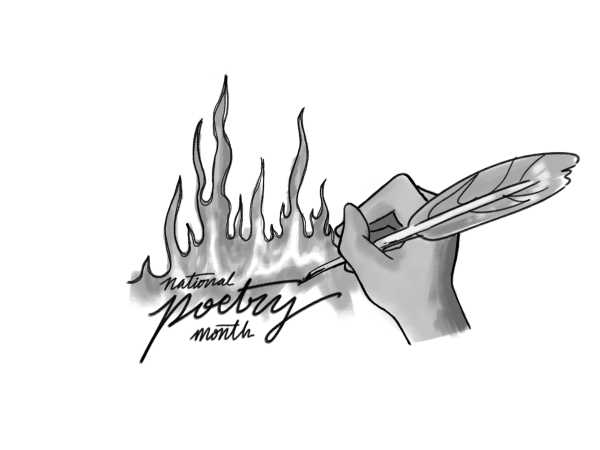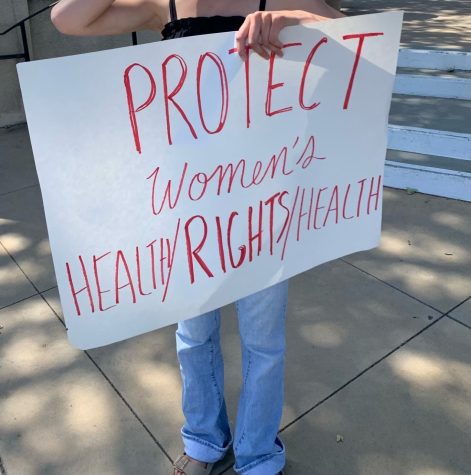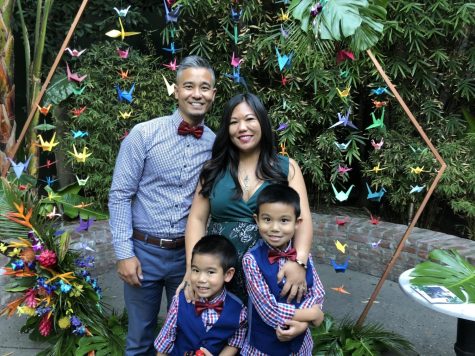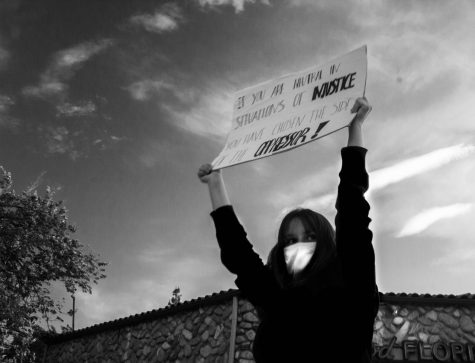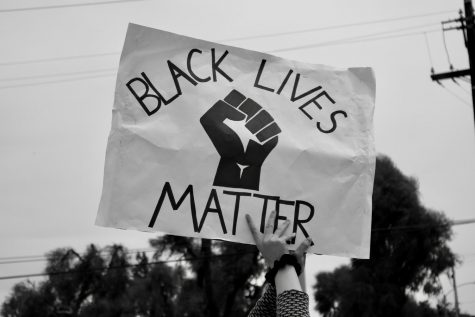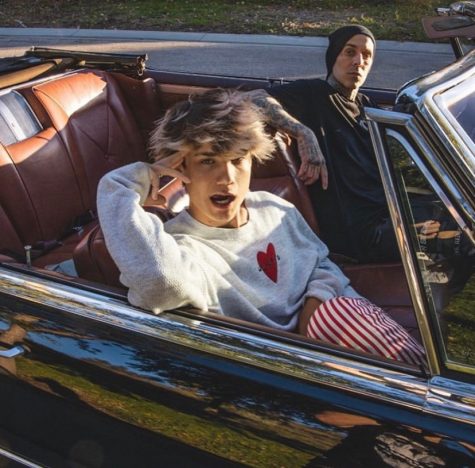Gen-Z’s New Language: How Slang Has Entered the 21st Century
Okay boomer, now listen—while examining the use of slang words may seem very out of date, it is totally tubular and should be carefully researched, as modern slang has spread further than ever before due to social media. Compared to past generations, Gen-Z has a completely different culture and way of life when it comes to the way they communicate. Examining such a process may make teens more aware of the words they use and the genuine power words hold over society.
For starters, words carry a certain weight with them that expresses itself as the word’s connotation. Understanding the difference between the connotation and the denotation of a word is crucial to the understanding of how words influence the human psyche. Connotation is the emotional and imaginative association surrounding a word; it represents how society feels or is affected by the stigmas surrounding a word; while a word’s denotation is the literal dictionary definition of said word.
The connotation of many words change throughout time and through generations, as slang evolves. Gen-Z specifically has taken this concept to a whole new height. Take the word “literally,” for example; the word is now defined in the dictionary as meaning both “1. literally” and “2. figuratively” when used ironically or as an exggeration. Nowadays, it seems that high schoolers emphasize the connotation surrounding words more so than the denotation of the words themselves.
As slang evolves through the use of social media, language trends and popularized words spread much faster than in generations past. Before social media, certain slang words were only used in specific regions. Whereas nowadays, with the overwhelming presence of social media, words are taken from being used solely in a high school or town, to being said across the country within a matter of hours.
These trends in language grow especially apparent with the popularity of both TikTok and internet meme culture. With the addition of these social media trends to society, slang now spreads nearly instantaneously across the country.
“When I was a kid, internet slang wasn’t as prevalent,” CHS English teacher, Ms. Tobbi, said. “A celebrity would say something and maybe some kids would start repeating it, but now with things like TikTok, YouTube, and Instagram, trends happen overnight. We develop language so much faster. In some ways, it’s kind of cool because we expand our vocabulary in new ways which is fun, and we get to play with words, but it causes a lot of confusion.”
Without the spread of social media, the way Gen-Z speaks in America would be completely different. Every day, teens are influenced by reading captions on Instagram or scrolling through TikTok even for a few minutes.
“Just the way I talk you can see it—I say ‘okay boomer’ as a response to all my friends constantly—it’s natural for me as I am fully immersed in meme culture,” CHS junior Charlie Abbott said. “I’m not saying I have no life, I’m simply implying it. Meme culture affects a lot of high school; it defines high school at this point.”
Social media has also encouraged teens to swear a lot more, as every other picture, video, or meme has some form of a curse word attached. This influences youth to use curse words in everyday language, rather than obscure situations where they are deemed more “appropriate” by other, older generations.
“Social media definitely influences teens, including me, to swear a lot more,” Abbott said. “The use of these slang words make vulgarity a lot less vulgar. I swear at my friends all the time and nobody gets offended, whereas it would be completely different in past generations.”
While the excessive use of social media in Gen-Z culture has become the most significant cause of how slang words evolve, it is important to note the importance of language in modern-day culture that is unique to Gen-Z. Understanding these words hold meaning deeper than a meme or TikTok is important to comprehending the power language holds.
“Every generation creates its own vernacular and way of communicating, which places a stamp on that generation,” Tobbi said. “Some words or phrases are a way of putting certain generations’ language in a time capsule.”
So, now it is up to Gen-Z to decide if being known as the “TikTok era” is a positive or a negative towards society. And I oop!
Hello there! Our goal is to provide relavent, engaging journalism for readers of all ages. Your donation will support the student journalists of the Wolfpacket at Claremont High School, and will allow us to purchase equipment, print our monthly issues, and enter in journalism competitions. We appreciate your consideration!

The 2020-2021 school year marks Ady Bolinger’s second year on the Wolfpacket staff. Bolinger, a junior at Claremont High School, holds an editorial position...



